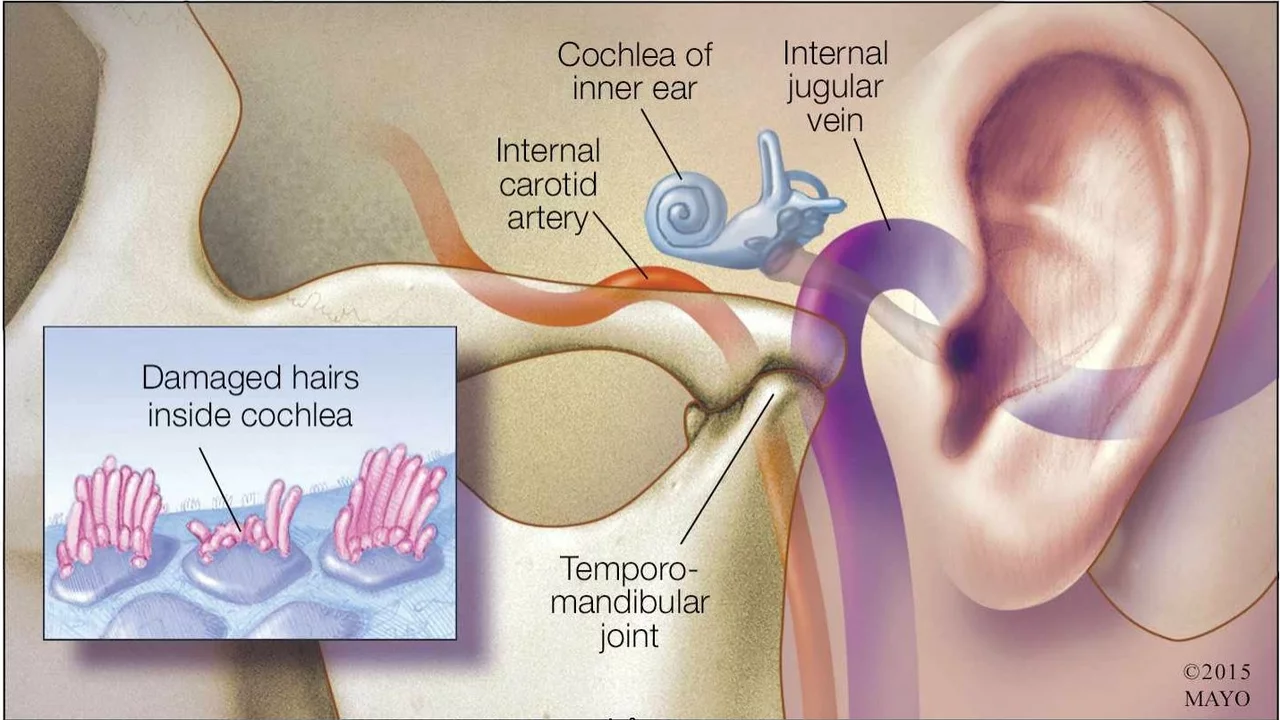Tinnitus: Real-World Relief Tips, Medication Insights & How to Manage Daily
That constant ringing, buzzing, or whooshing in your ears isn’t just in your head. Tinnitus can hit at any age and leave you desperate for quiet. If you’ve ever wondered if there’s anything you can actually do about it besides ignore it, you’re in the right place.
Tinnitus isn’t a disease in itself—it’s a symptom. Maybe it started after a loud concert, a bad ear infection, or just out of nowhere. You might notice it’s worse when you’re stressed, tired, or in a silent room. The tricky part? Tinnitus comes and goes for some people, and sticks around for others. That unpredictability is part of what makes it so annoying. But don’t lose hope—there are ways to manage it and dial down the frustration.
So what’s the cause anyway? Noise damage tops the list. Years of blasting headphones or regular exposure to loud environments can sneak up on your ears. Medical conditions like earwax buildup, high blood pressure, or even some medications also trigger tinnitus. Sometimes, no clear cause shows up at all.
What can actually help? First, know that masking the sound is often easier than making it disappear. White noise machines, fans, or calming apps can help drown out the ringing, especially at bedtime. For daytime relief, background music or nature sounds can do the trick.
Feeling swamped by stress because of tinnitus? You’re not imagining it. Stress can actually crank up the volume on those phantom sounds. Basic stress-reducers, like regular exercise, breathing exercises, or spending time outdoors, make a real difference. Don’t underestimate the power of a solid sleep schedule either—the less tired you are, the better you cope.
If you’re wondering about medication, be cautious. No magic pill erases tinnitus for everyone, but some drugs can take the edge off if anxiety or sleep problems tag along. Doctors sometimes try antidepressants, anti-anxiety meds, or off-label options. Always talk to a hearing specialist or your doctor before trying anything new; self-medicating, especially with ear-related issues, can backfire.
Another route is supplements—there’s a lot of hype about ginkgo biloba or zinc. Some people swear by them, but the science is mixed. Supplements aren’t regulated like prescription meds, so always check with a medical pro before adding them to your routine.
Hearing aids deserve a shout-out too. Even if your hearing loss is minor, a basic device can sometimes help mask tinnitus and bring back the sounds you’re missing. Audiologists are the pros to consult for this—they’ll walk you through the options and help set realistic expectations.
If you want to get ahead of tinnitus, protect your ears whenever you’re around loud sounds. Keep the volume down on headphones and use earplugs at concerts or when using power tools. Small habits add up over time. And if you’re not sure what’s causing your tinnitus, get it checked. Sometimes the answer is simple—like earwax removal—or it might be a clue for a broader health check.
Living with tinnitus isn’t easy, but it doesn’t have to control you. With the right mix of coping tools, honest conversations with your doctor, and a bit of patience, you can turn down the mental volume—even if the ringing itself sticks around.
Nifedipine and Tinnitus: Can it Cause Ringing in the Ears?
In today's blog post, we delved into the link between Nifedipine, a common medication for heart and blood pressure issues, and tinnitus, which is characterized by a persistent ringing in the ears. It appears that while Nifedipine is crucial for some patients, it can also potentially lead to tinnitus in certain circumstances. However, the correlation isn't definite and depends on individual health profiles and response to medication. Always consult with your healthcare provider before making any changes to your medication regimen. Remember, the aim is to balance effective treatment with minimal side effects.
